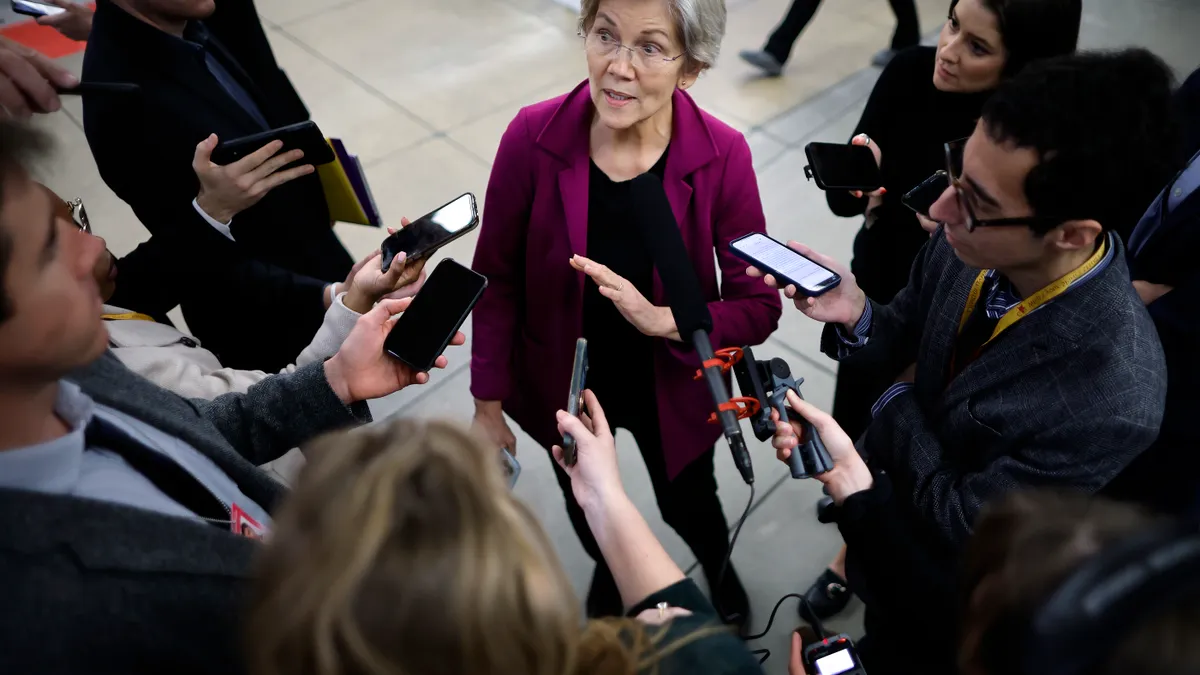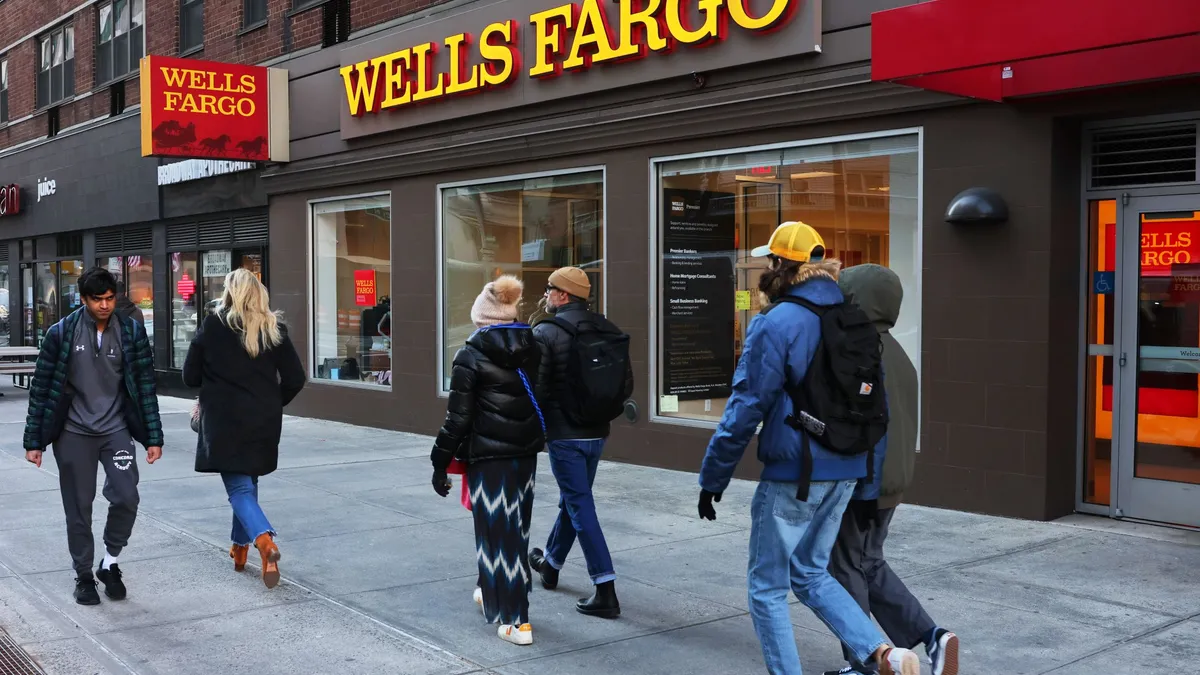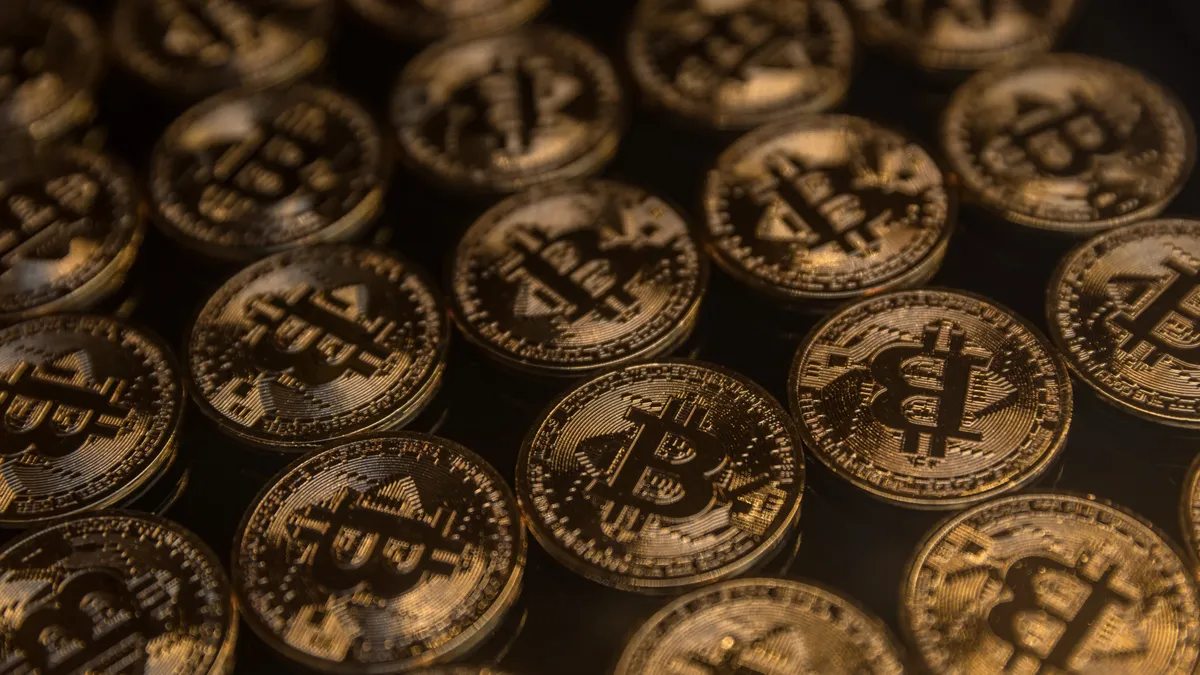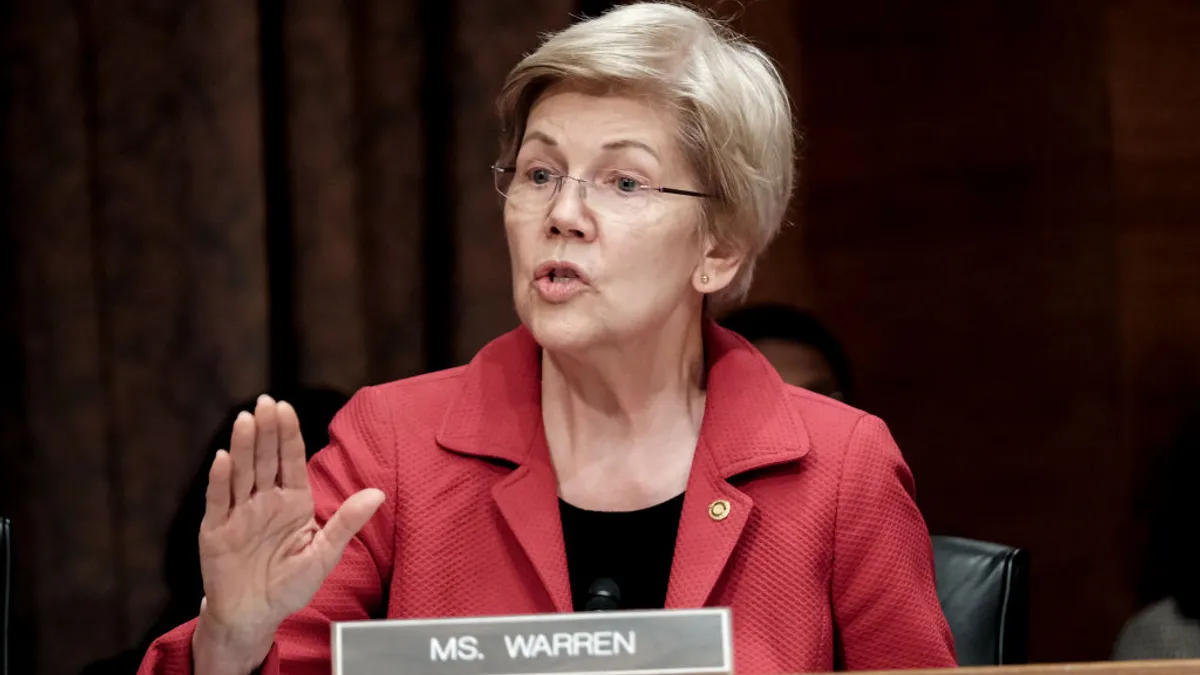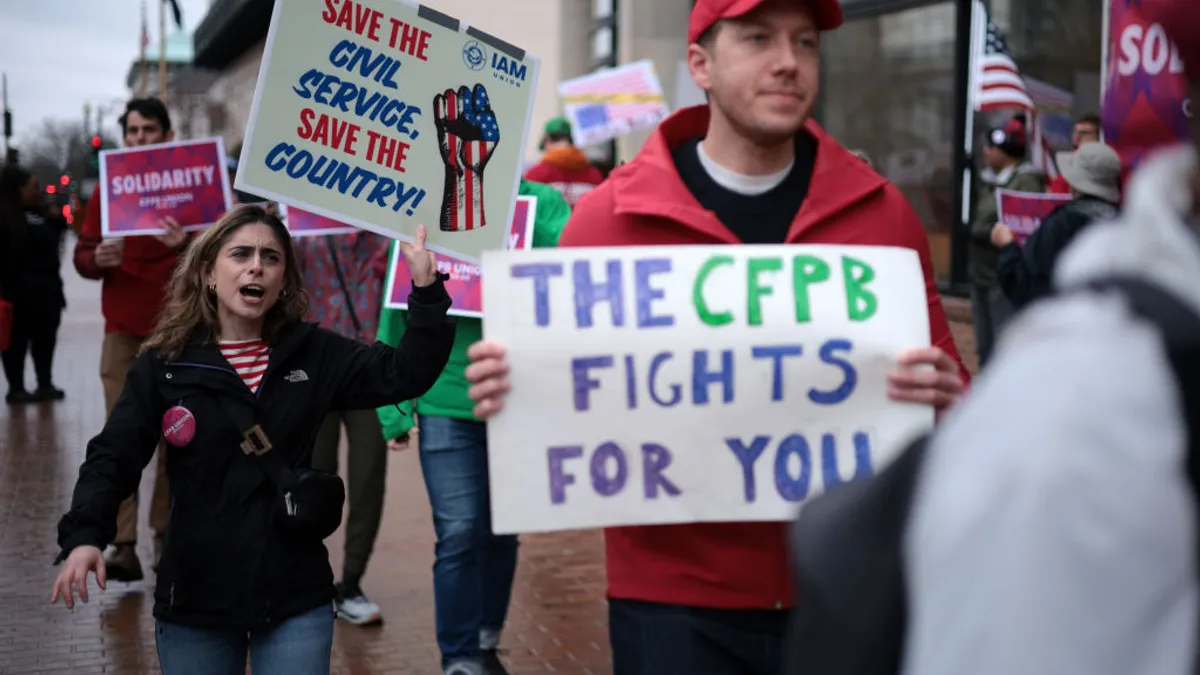President Joe Biden’s call last month for Congress to pass legislation to hold executives responsible for the collapse of Silicon Valley Bank and Signature Bank didn’t fall on deaf ears.
Several bipartisan groups of lawmakers immediately looked into legislation and one group, led by an unlikely partnership between Sen. Elizabeth Warren, D-MA, and Josh Hawley, R-MO, introduced a bill that would do what Biden called for: give the Federal Deposit Insurance Corp. explicit tools to claw back pay from executives of failed banks.
But the bill, along with any others that come out of the process, faces a tricky political environment.
“However well-intentioned, current legislative proposals have a snowball’s chance in hell of actually being adopted,” Michele Alt, partner and co-founder of Klaros Group, said in a Politico report.
If true, that leaves it up to regulators, in the near term at least, to use their limited authority to force executives to give back some of their pay.
Existing authority
Both the Securities and Exchange Commission and the FDIC have clawback authority.
The SEC in late January finalized rules that require companies, in the event of a restatement of their financials, to go after any executive pay that was based on misstated figures.
The clawbacks would be required even if the restatement stems from a mistake and not wrongdoing, as previously required.
“Occasionally the numbers the companies reported as the basis of compensation aren’t accurate,” SEC Chair Gary Gensler has said. “In these cases, companies may have to go back and revise or restate prior financial reporting. As a result, an executive may have been paid for meeting certain milestones that the company didn’t, in fact, hit.”
But it’s listing exchanges, not the SEC, that are key to enforcement.
In its rule, the SEC calls on the New York Stock Exchange and Nasdaq, among other indexes, to write policies requiring their listed companies to include a clawback process in their financial reports or else face delisting.
“Working with the exchanges, we have the opportunity to fulfill … Congress’s intention to prevent executives from keeping compensation received based on misstated financials,” Gensler has said.
That means companies are unlikely to be subject to the requirement until November, when the indexes are supposed to have their policies in place to comply with the SEC rule.
Even if the indexes’ policies were already in place, it’s not clear Greg Becker, SVB’s CEO until he resigned April 18, and Joe DePaolo, Signature Bank former CEO, would be subject to enforcement.
That’s because neither bank made a restatement — neither a material, “Large R” restatement involving multiple reporting periods, or a “small r” restatement involving just the latest reporting period — to trigger a clawback, according to an analysis by Audit Analytics that was reported by Bloomberg Law.
With no restatement, the SEC rule has no teeth for going after the money.
“The SEC language is compulsory,” Amy Schuh, a partner at Morgan Lewis specializing in corporate ethics and compliance, told Legal Dive, but it only applies if “it’s a capital-R material restatement or a little-r non-material restatement of your financials.”
FDIC authority
The FDIC has the ability to go after clawbacks as well, but it also faces constraints.
For big, systemically important banks that collapse, the FDIC can pursue executive pay as one component of what’s known as an orderly liquidation authority process under the Dodd-Frank Act. But that process is intended for a worst-case scenario in which the broader financial system is at risk, as in the 2007-08 financial crisis.
A more realistic approach is the authority the FDIC has as the receiver of a failed bank, as in the case of SVB and Signature Bank, to recoup pay if it finds after an investigation there’s been executive misconduct.
“The FDIC has a lot of powers in a receivership,” Paul Kupiec, a senior fellow at the American Enterprise Institute and former FDIC official, told Bloomberg Law.
The FDIC is investigating SVB’s collapse, but it could be a while before it’s completed and it is unclear whether it will find wrongdoing.
“These investigations are still in the early stages,” the agency’s vice chair, Travis Hill, said at a Bipartisan Policy Center forum on April 12.
Failed Bank Executives Clawback Act
The bill introduced by Warren and Hawley, with Sens. Catherine Cortez Masto, D-NV, and Mike Braun, R-IN, as co-sponsors, would tackle the problem by giving the FDIC three new authorities.
It would:
- authorize the FDIC to claw back from bank executives all or part of their compensation from the five years preceding the bank’s insolvency;
- extend the agency’s OLA clawback authority to any bank entered into FDIC receivership, not just those in the OLA process; and
- put a failed bank’s holding company on notice that it should help replenish the FDIC’s coffers after it uses its fund to shore up the bank — something that wouldn’t make SVB’s parent company happy since it’s trying to wrest control of its money from the FDIC.
Given political uncertainties, though, those provisions aren’t likely to make it into law any time soon. That means the most likely scenario under which bank executives face having to give pay back will come after the FDIC completes its review, assuming it finds the executives liable for wrongdoing.



